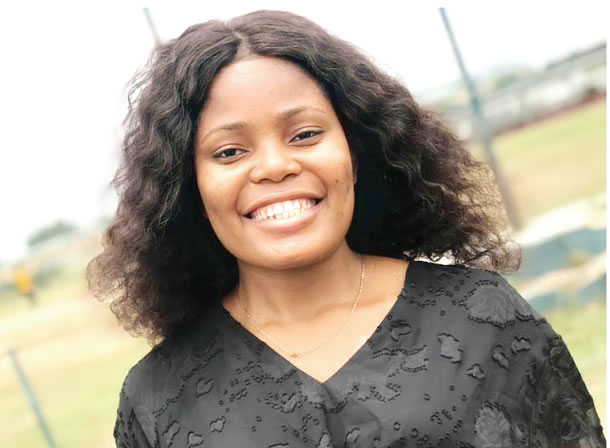
SECOND WAVE OF CORONAVIRUS MAY HIT US NEXT WINTER - CDC
A second wave of the coronavirus is expected to hit the United States next winter and could strike much harder than the first because it would likely arrive at the start of influenza season, the director of the Centers for Disease Control and Prevention warned on Tuesday.
“There’s a possibility that the assault of the virus on our nation next winter will actually be even more difficult than the one we just went through,” CDC Director Robert Redfield told the Washington Post in an interview.

“We’re going to have the flu epidemic and the coronavirus epidemic at the same time,” he said, and the combination would put even greater strain on the nation’s healthcare system than the first outbreak.
The virus, which causes a highly contagious and potentially fatal respiratory illness dubbed COVID-19, emerged late last year in central China. The first known U.S. infection, a travel-related case, was diagnosed on Jan. 20 in Washington state near Seattle.
Since then, nearly 810,000 people have tested positive in the United States, and more than 45,000 have died from the disease.
Even as the lockdown is gradually eased, Redfield stressed the importance of individuals continuing to practice social distancing among one another.
At the same time, he said, public health authorities must vastly ramp up a testing system to identify those who are infected and to locate their close personal interactions through contact tracing.
Asked about the recent flurry of street protests of stay-at-home orders and calls for states to be “liberated” from such restrictions - as President Donald Trump has advocated on Twitter - Redfield told the Post: “It’s not helpful.”
Building a nationwide contact tracing network, key to preventing newly diagnosed cases from growing into large outbreaks, poses a major challenge because it is so labor intensive, requiring a workforce that by some estimates would require as many as 300,000 personnel.
Redfield said the CDC is discussing with state officials the possibility of enlisting and training workers from the U.S. Census Bureau, and volunteers from Peace Corps and AmeriCorps, to create a new contact tracing workforce.












Comments